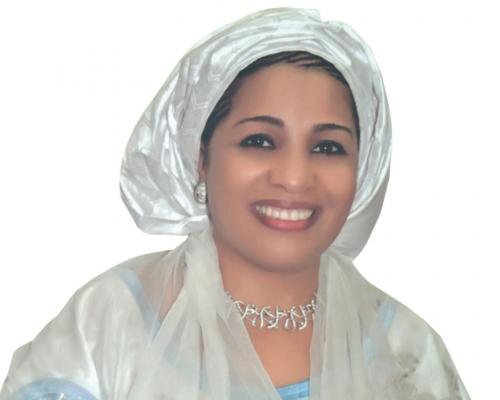
Niamey – At the helm of Tattali Iyali Foundation – a charity organization, Niger’s First Lady, Her Excellency Dr Lalla Malika Issoufou, has supported the country’s efforts to combat the COVID-19 pandemic. She explains the impact the pandemic has had on women and the measures to protect them from further vulnerabilities.
What is the impact of the COVID-19 pandemic on women in Niger?
The COVID-19 pandemic has had a significant socio-economic impact. In terms of the economy there has been a decline in state tax revenue, budget deficit and public services. Rising poverty means deeper vulnerabilities and social inequalities. Unfortunately, women pay a higher price. Poverty is a key issue because it deeply affects, especially women in rural areas. Many women rely on the often-unstable earnings of their spouses. Curfews, lockdowns and borders closures disrupted incoming-generating activities, causing dramatic economic vulnerability for women – the pandemic depleted household economies.
When it comes to health, women are more exposed to the virus as health workers, social workers and particularly as mothers who take care of the ill and the vulnerable in the family. There has also been psychological impact linked to COVID-19 stigma experienced at the onset of the pandemic. This significantly discouraged people from seeking health services, but also due to feared of being infected. Domestic and sexual violence against women and children also rose during the lockdowns.
In addition, Tattali Iyali Foundation supports the government to ensure health, safety and wellbeing of women and girls [such as through education]. Even before the pandemic we faced significant challenges in enrolling and keeping girls in schools. These are challenges the foundation is helping to tackle.
What measures have been taken to ease the pandemic’s impact on women?
Measures taken by Tattali Iyali Foundation to mitigate COVID-19 impact on women include raising awareness by broadcasting health messages on national television aimed at women in rural and urban settings.
The Tattali Iyali Foundation also distributed handwashing kits, masks and food to the most vulnerable women whose income generating activities were disrupted because of the pandemic. The foundation also distributed sewing machines to revive income-generating activities and to empower women.
With financial support from the United Nations Development Programme, the foundation also supported the implementation of the national plan to contain the COVID-19 pandemic. The overall objective of the plan is to combat COVID-19 and at the same time work towards attaining the Sustainable Development Goal 15 [on preserving terrestrial ecosystems] to support livelihoods.
These measures taken by the Tattali Iyali Foundation make a difference as they link resilience with development and are not limited to emergency response.
What lessons have been learnt?
That communication has been very efficient in preventing COVID-19 infections and is [one of the] most effective ways to end it. These measures must continue and be enhanced to improve women’s health and wellbeing as well that of their families.
Supporting the revival of women’s economic activities not only strengthens their resilience but also enables them to gain financial independence. It is crucial to continue providing this assistance.


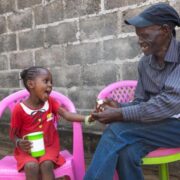
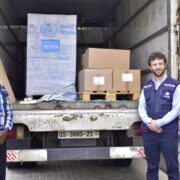
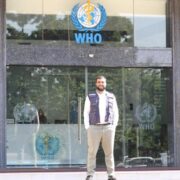
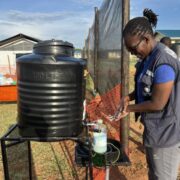
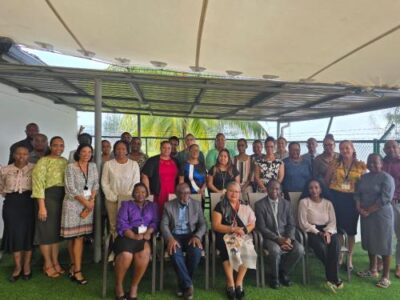
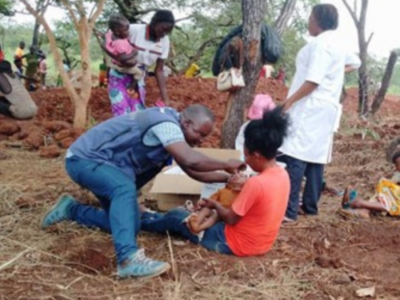
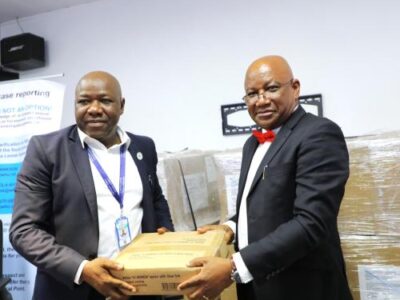
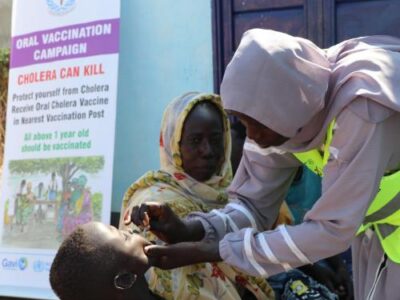

Comments